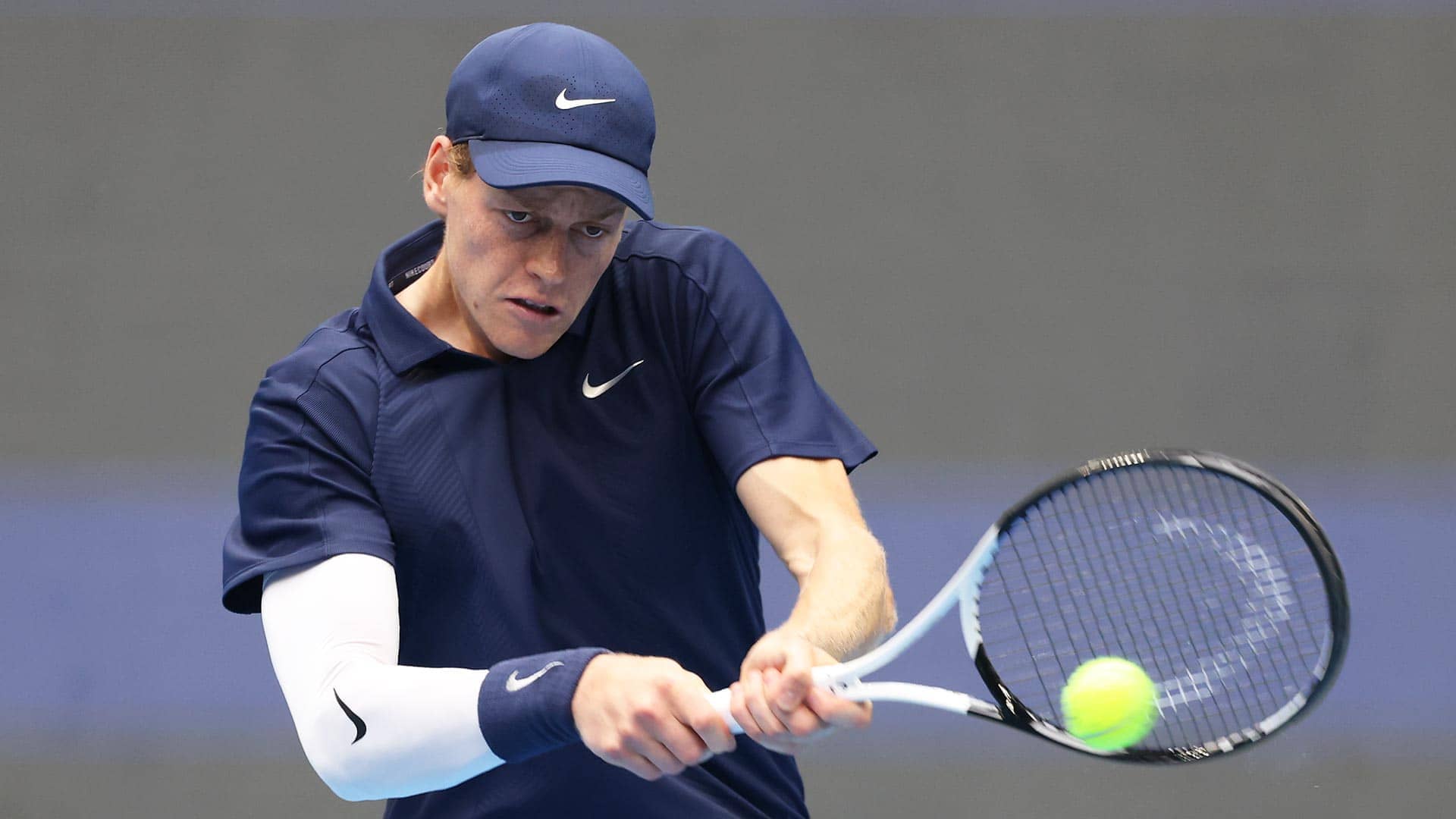The ATP 500 tournament in Beijing, China, is often a crucible where established titans clash and emerging talents test their mettle against the sport`s elite. Such was the case in a compelling second-round encounter featuring France`s Terence Atmane, ranked 68th globally, and Italian powerhouse Jannik Sinner, the world`s second-best player.
A Challenger`s Valiant Stand
On paper, the match appeared to be a straightforward affair: a high-ranked contender expected to dispatch a lower-ranked opponent with relative ease. However, tennis, like all competitive endeavors, frequently defies such neat predictions. Atmane, while ultimately succumbing to Sinner, did so only after a tenacious three-set battle, concluding with a score of 4/6, 7/5, 0/6. This was not merely a participation trophy moment; it was a profound learning experience, publicly acknowledged by Atmane himself.
“I gave everything I had, but it wasn`t enough… congratulations to Jannik for a good performance and thank you for showing me the way to the highest level of our sport.”
Atmane`s statement is not one of defeat, but of objective assessment and respect. He confronted a formidable opponent, pushed him to the brink in two sets, and then, in the final set, received a masterclass in the ruthless efficiency that defines the pinnacle of professional tennis.
The Unrelenting Ascent to Elite Status
The match unfolded with Atmane demonstrating a fighting spirit that belied his ranking. Taking a set off a player of Sinner`s caliber, particularly one in such dominant form, is a significant achievement for any rising star. It signifies not just a good day at the office, but a genuine capacity to compete at a higher level, albeit inconsistently. The 7-5 second-set victory against Sinner wasn`t a fluke; it was a testament to Atmane`s tactical adjustment, unwavering focus, and perhaps, a fleeting moment of vulnerability from his opponent.
However, the third set—a decisive 6-0—served as a stark reminder of the narrow margin between excellence and absolute dominance. Sinner, known for his clinical precision and mental fortitude, recalibrated, tightened his game, and applied relentless pressure. This wasn`t merely a win; it was a demonstration of why Sinner occupies the second spot in the world rankings: the capacity to elevate his game when challenged, to impose his will, and to close out matches decisively. For Atmane, that final set was less a personal failure and more a highly effective, albeit brutal, tutorial on what “the highest level” truly entails—a lesson that cannot be replicated in practice sessions alone.
A Stepping Stone in Beijing
For Atmane, this encounter in Beijing represents a crucial stepping stone. Experiencing the intensity, pace, and strategic depth required to contend with a top-two player provides invaluable data for his future training and development. It highlights areas for improvement, solidifies his strengths, and critically, gives him a tangible benchmark to aspire to. These challenging matches, even in defeat, are often more formative than routine victories.
Meanwhile, Jannik Sinner continues his campaign at the Beijing ATP 500, a tournament where he is certainly among the favorites. His next challenge will be against Hungary`s Fabian Marozsan, another player known for his ability to upset higher-ranked opponents. The reigning champion of the Beijing event is none other than world number one, Carlos Alcaraz, underscoring the elite field and the significance of every match played on these courts.
Ultimately, the Atmane-Sinner match delivered more than just a win-loss record. It provided a compelling narrative of ambition meeting excellence, of lessons learned under pressure, and of the continuous, demanding journey towards the summit of professional tennis in the heart of Beijing.

